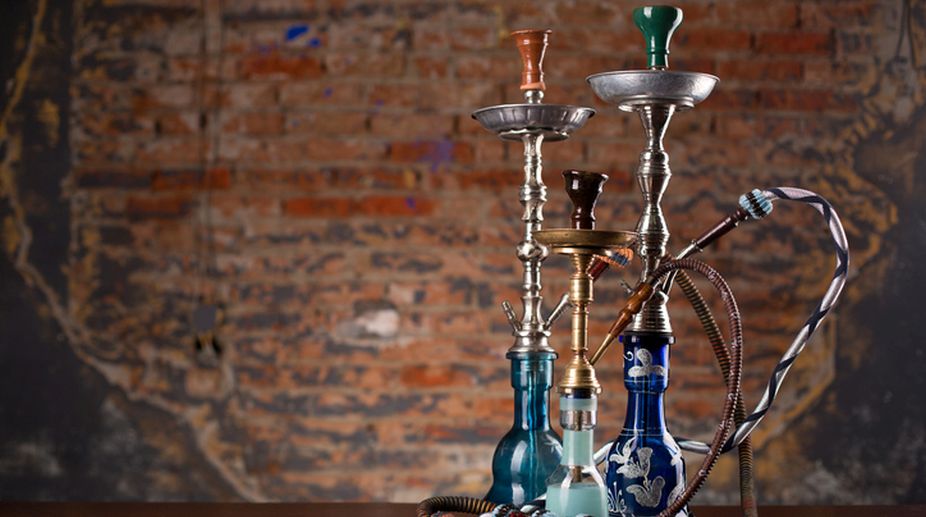You found him fanning away the heat from over your head in the narrow lanes of the old quarter of Delhi. That was Khadim Muqhtiar Ahmed, the bearded fanbearer of an old Sufi sect. Muqhtiar was well past the biblical span of three score years and ten, which made him unfit for the usual sort of work a man would do. But he had to feed himself and short of begging for alms he went about fanning the populace in the unbearably hot days. Muqhtiar made his appearance only in the evenings, when the sun was about to set and the faithful were on their way back from the mosque after the Maghrib prayers.
Dressed in a long green shirt, a tattered turban on his head and his pyjamas all crumpled up with long use, the funny-looking man accosted you with a long pole in hand to which was fixed a huge fan of ornamental cloth, like the ones which would be pulled in the old nawabi and colonial homes when electricity was conspicuous by its absence. Muqhtiar waved the fan above you in a gesture of imparting comfort on a hot day, he salaamed, enquired about your welfare, called down a blessing from heaven and expected you to tip him if you were in the mood for it, before moving over to the next heat-stricken passer-by. What was the idea behind this sudden tamasha on a warm summer’s eve? First and foremost it was a way of keeping the pot boiling at home, and secondly, it was the maintenance of a tradition that dated back to the Mughal days and was passing through its last pangs before finally dying out.
This is what happened to the royal hookah-bearer, who went about with a big hookah through street and lane, wishing you the time of the day, putting thehookah stem in your mouth and as you inhaled the fragrant smoke, he made small talk with you in chaste Urdu before collecting whatever you could spare from your pocket, and then passing on the pleasures of the hookah to the next man who felt like a smoke in the bazar.
The hookah-bearer is dead (and so is the Pankhawala) and Delhi is the poorer for it. But the ceremonial sweeper is still there, the one who suddenly appears as though from nowhere, dusts the ground in front of you with a broom made of peacock feathers and asks for a tip. The hookah-bearer, however, was a class apart. He reflected the era of courtesy and polite speech, along with the Pankhawala. The sweeper is certainly crude in comparison but the only survivor of a quaint trio.











